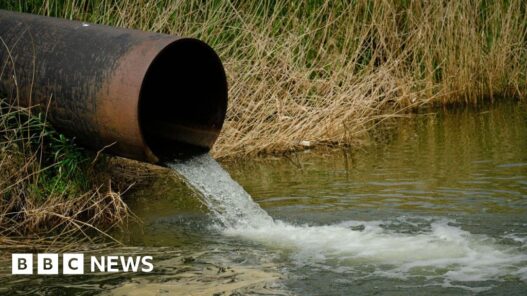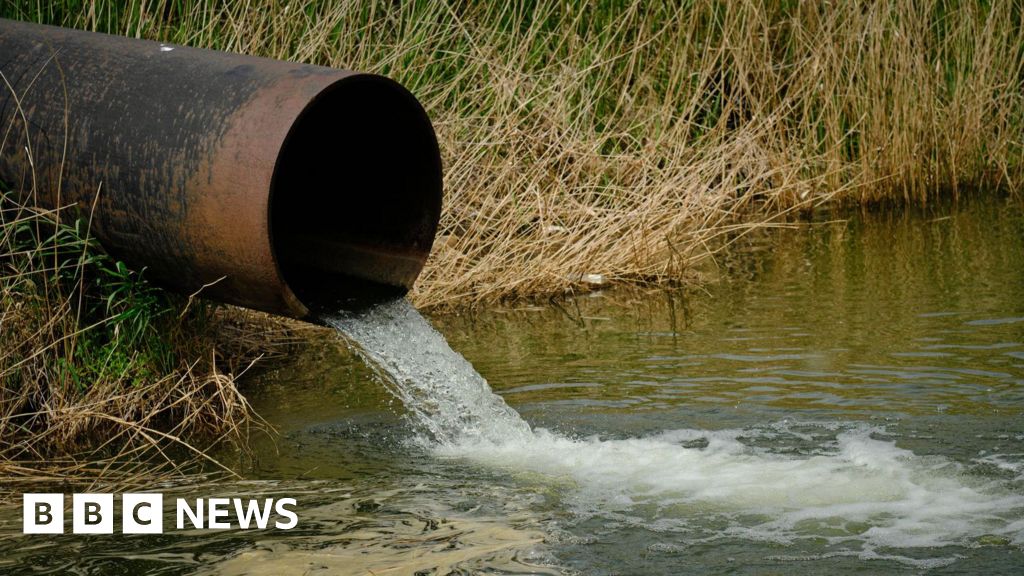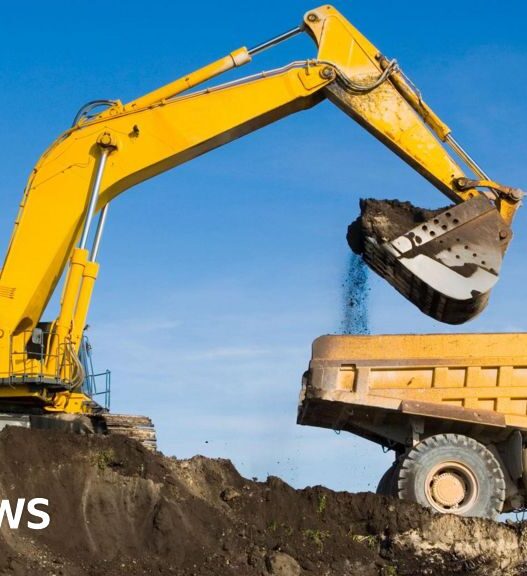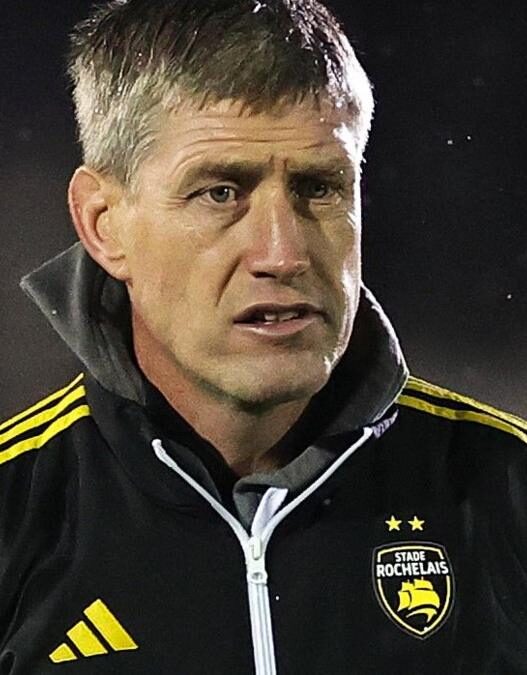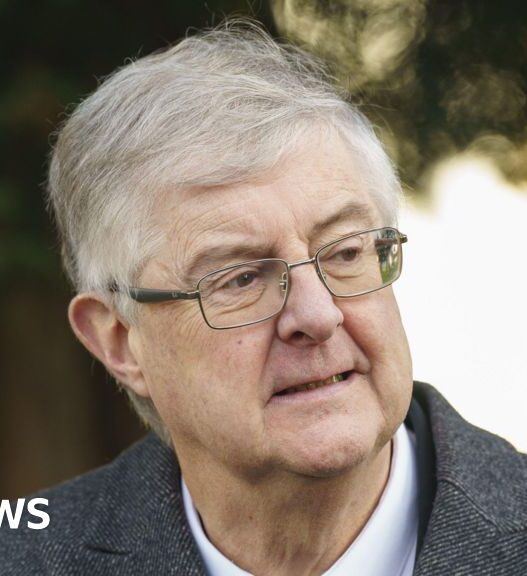The embattled Thames Water saw a 40% increase in pollution incidents as its debts continued to swell and a critical moment for its survival approaches.
The UK’s biggest water supplier reported 359 so-called category one to three pollution incidents in the six months to 30 September, which it said was due to a wet spring and summer.
Its boss Chris Weston said the company had made “solid progress” on its attempted turnaround, but that record rainfall meant pollutions and spills were “unfortunately up”.
The ailing business is saddled with debts which stood at just under £16bn in those six months, up 7% on the year before.
The firm has said customer bills need to rise or else it will not be able to recover from its financial crisis. However, if the company does collapse, water supplies will not be affected.
Water firms across the UK have faced a fierce backlash over sewage discharges and pipe leaks in recent years, but Thames has been in the spotlight given its debt pile, and the fact one in four people in the UK rely on it.
Critics have argued the water industry has historically neglected investment in favour of paying executive bonuses and shareholder dividends.
Water bills could rise by an average of £19 a year (21%) between 2025 and 2030, but a final decision on the proposed increase is due on 19 December.
Thames Water has said previously it needs to increase bills by 53% in order to shore up its finances.
The company could run out of money within the first three months of 2025, which is why its creditors have offered it a further £3bn cash loan to be released in two tranches, the first £1.5bn of which could be released in February.
It is waiting for a court date next week to approve the cash injection which could prove pivotal as it would mean it had enough money to last until October next year.
An insider told the BBC that if it was not for the firm’s huge debt pile, Thames would be in reasonable shape financially.
In its latest results, it reported a profit before tax of £249.6m – 20% up on the year before.
When Thames Water was privatised in 1989 it had no debt. However, over the years it borrowed heavily.
Thames now needs to raise about £4bn in new equity, which does not need to be paid back.
While there are several interested parties that could put that money in, the investment would depend on how much pain lenders are willing to take and whether or not the water industry regulator Ofwat will grant the company to push through steep bill increases.
Mr Weston said on Tuesday there was “considerable interest” from potential equity investors in the company.
But the process for an equity injection cannot be finalised until Ofwat makes a final decision on bill increases in mid-December.
The chief executive described the decision as a “critical” step which would be “fundamental” to the company’s future.
Bosses have argued they need extra cash to make Thames Water “investible” enough to attract fresh funding, and to pay for improvements to its network of pipes and sewers.
Ofwat has appointed an independent monitor to supervise Thames Water as it attempts its turnaround.
The watchdog also recently blocked three companies, including Thames, from using customer money to pay executive bonuses as bills have steadily increased.
On Tuesday, Mr Weston defended bosses getting £770,000 in bonuses, saying that the firm needed to offer “competitive” packages to attract top workers.
“I completely understand that there are customers out there who struggle with their bills,” he added, pointing to bills support offered to about 377,000 customers in the last year.
Mr Weston, who was hired in January, was awarded a bonus of £195,000 for his first three months at the company.









